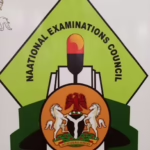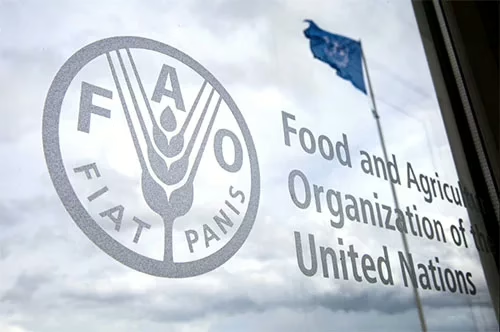On Wednesday, the United Nations’ Food and Agriculture Organization (FAO) emphasized the critical necessity of addressing a $6 billion funding deficit to scale up irrigation initiatives throughout West Africa and the Sahel region.
Bintia Stephen-Tchicaya, FAO’s Subregional Coordinator for West Africa and acting representative for Senegal, highlighted this urgent call for collaborative funding and solidarity during the Hand-in-Hand Sub-Regional Investment Forum held in Abuja.
She detailed that ten Sahelian nations-Burkina Faso, Chad, Cameroon, Gambia, Guinea, Mali, Mauritania, Niger, Nigeria, and Senegal-alongside regional bodies such as the Permanent Interstate Committee for Drought Control in the Sahel (CILSS) and the Economic Community of West African States (ECOWAS), have crafted comprehensive five-year irrigation investment strategies. These plans aim to develop irrigation infrastructure across 1.2 million hectares.
However, these ambitious projects require an estimated $8 billion in funding, of which only $2 billion has been secured to date.
“Irrigation transcends being merely a technical fix; it serves as a pivotal catalyst that boosts agricultural productivity, fortifies resilience against climate variability, and empowers local communities,” Stephen-Tchicaya explained. “Countries are actively seeking partnerships with financial stakeholders to close the $6 billion financing gap.”
She further emphasized the integration of market access and value chain enhancement within these plans to guarantee consistent demand and profitability for crops cultivated through irrigation.
“With extensive global and regional expertise in irrigation support, FAO’s organization of this forum reaffirms its dedication to advancing irrigation development in the sub-region. We invite all stakeholders to collaborate in scaling up these efforts,” she added.
“Success hinges on partnerships; FAO and governments cannot achieve this alone. The involvement of private enterprises, financial institutions, research organizations, and civil society is essential to jointly invest, design, and implement effective solutions,” Stephen-Tchicaya concluded.
Dr. Hussein Gadain, FAO’s representative to Nigeria and ECOWAS, outlined three core strategic areas: sustainable management of land and water resources, transformation of agri-food production systems, and enhancement of research and innovation capabilities.
He urged national leaders to prioritize agriculture within their development frameworks, stating, “Your leadership is vital and transformative. Streamline political processes to attract investors and ensure that national policies foster an enabling environment for climate-resilient and inclusive agricultural enterprises.”
Echoing this, Nigeria’s Minister of Agriculture and Food Security, Abubakar Kyari, called on governments to implement supportive policies, land reforms, and infrastructure development to draw private investment.
He underscored irrigation as the cornerstone for shifting from subsistence farming to commercially viable agriculture, asserting, “Food security is unattainable without water security.”
Minister Kyari also described the forum as a launching point for a renewed wave of investment in agricultural water management, urging the private sector to perceive the Sahel not as a high-risk zone but as a promising frontier for opportunity and growth.

















